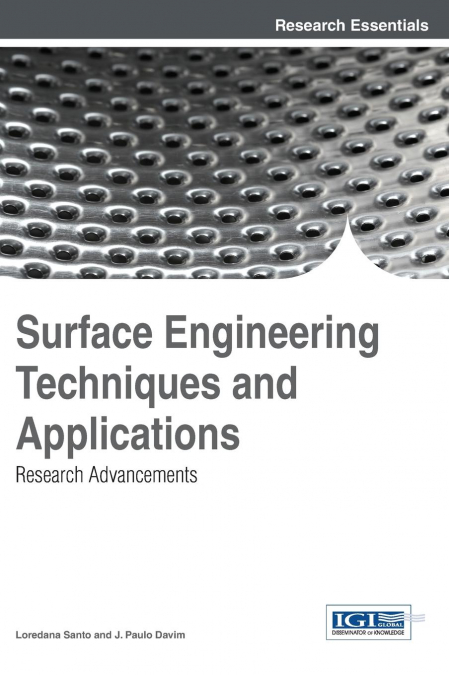
Loredana Santo / Paulo Davim
Surface engineering includes many facets of materials science that help regulate the function, quality, and safety of products such as automotive, textile, and electronic materials. New technologies are developing to help enhance the surface performance. Surface Engineering Techniques and Applications: Research Advancements provides recent developments in surface engineering techniques and applications. It details scientific and technological results while also giving insight to current research, economic impact, and environmental concerns so that academics, practitioners, and professionals in the field, as well as students studying these areas, can deepen their understanding of new surface processes.